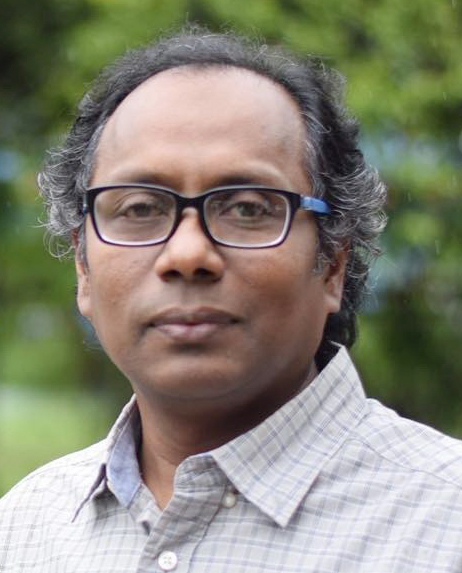Idol or sculpture - an unnecessary debate in Bangladesh
There should be no place for anti-liberation fanatics in Bangabandhu’s Bangladesh

A sculpture of Bangabandhu Sheikh Mujibur Rahman is to be raised at Dholaikhal on the occasion of Mujib Year 2020. Suddenly, some religious leaders made controversial statements on this pre-determined issue, tarnishing the atmosphere. Albeit a little late, Bangabandhu’s followers have likewise taken a firm stand in favour of sculpture. At the moment, the political atmosphere in Bangladesh is a bit heated on this issue. However, in the current context, is the debate over idol or sculpture in Bangladesh unexpected?
After the assassination of Bangabandhu Sheikh Mujib and his family in August 1975, the politics of Bangladesh has been losing its direction. From that point forward, the militarisation of politics too started directly or indirectly. After the departure of the military tyrant HM Ershad in a mass uprising in 1990, general people thought that politics would return to real democracy.
Tragically, the Bangladesh Nationalist Party (BNP) did not change the style of governmental issues after coming to power in 1991. The nation missed an opportunity for a qualitative change in the politics of Bangladesh in the early nineties.
Considerably later, politics did not develop as expected. Instead, to win the battle for power, political parties have compromised with the morality. Regardless of ideologies, the parties have united with various political forces to get a majority in the elections. As a result, politics in general has deteriorated. To better understand, we can look at Jamaat and Hefazat in the politics of Bangladesh. We, as a whole, realise that Jamaat and Hefazat are two religion-based political streams. It is easily perceived that the incumbent government is hesitant to leave them alone.
When people are thinking of settling on Mars, we are wasting
our time debating unnecessarily on idols or sculptures!
Unless proper steps are taken to improve the quality of
education, development of political culture and increase
morality in the society, such irrational issues will keep on emerging
That is the reason Hefazat is kept to prevent Jamaat. Their foundations are absolutely up to the grass-roots. Regardless of whether the government needs to, it cannot deny them at the moment. The pro-independence political groups did not give sufficient consideration to the socio-political force that was expected to stop them. Was that a right political approach? This requires an unbiased assessment. Twelve years after coming to power, the ruling party cannot avoid its responsibility for the weak political trend in the country.
In view of the standards and political way of thinking that Bangladesh picked up through the independence war in 1971, how much the nation hold it now? By disregarding secularism, have not we compromised with communal forces? In this grimy round of politics, did not we create Frankenstein? Those political Frankensteins are attempting to destabilise the political circumstance by creating controversy in the name of the sculpture. While writing this column, I came to know that the miscreants in Kushtia had harmed the sculpture of Bangabandhu in the dark of night.
This is simply unaccepted. Those who assaulted the sculpture of Bangabandhu should be captured and brought to justice. Law enforcement authority should take stern and immediate action. Besides, the patrons of these miscreants must also be dealt with strategically. We must not forget that this is not only a hit to the sculpture of Bangabandhu, it is a blow to the consciousness, progress, freedom of expression and spirit of our liberation war. Bangladesh now needs political consensus to oppose fanatical communal forces to resist fundamentalism.
Despite being a Muslim majority country, Bangladesh is a country of religious harmony. Rise of religious extremist groups will undermine this religious harmony. Thus, strict radicalism must be halted. If this malicious power cannot be controlled now, more terrible consequences are waiting ahead.
Necessary steps, therefore, should be taken to prevent religious militancy by identifying its possible causes. The government alone cannot do it. All sections of the non-communal society, including liberal religious leaders, should be engaged in this endeavour. We also need to ensure that mosques and madrasas are not used to propagate the ideology of religious extremism.
To restrict the communal political forces, we must instil our cultural values, the spirit of independence and secularism. There should be no place for anti-liberation fanatics in Bangabandhu’s Bangladesh. When people are thinking of settling on Mars, we are wasting our time debating unnecessarily on idols or sculptures! Unless proper steps are taken to improve the quality of education, development of political culture and increase morality in the society, such irrational issues will keep on emerging.
Dr Abul Hasnat Milton is a poet, columnist, and a public health expert.



